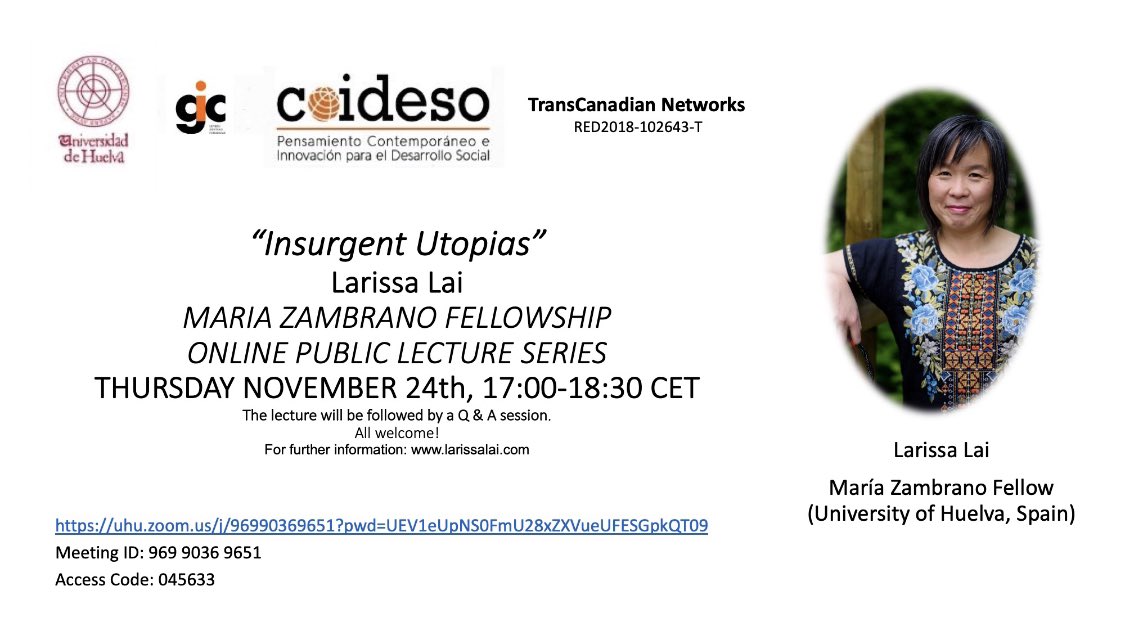Conference Dates: 21 & 22 April 2023
Conference Location: University of Alberta (Edmonton, Canada)
Deadline for individual papers and panels/roundtable proposals: January 11, 2023
Notification of acceptance: 25 January 2023
Since the collapse of the Soviet Union and Ukraine’s declaration of independence in 1991, immigration from Ukraine to Canada has steadily risen, to a point that some have labeled it the „Fourth Wave“. Yet, despite comprising more than 69,000 arrivals, the post-1991 wave of Ukrainians in Canada has been little-understood and certainly understudied. Nonetheless, a closer analysis of the household make-up, labour market participation, and patterns of social mobility of this group has in recent years become seen as imperative to understanding a meaningful faction of Canadian society, and there continues to be research conducted on this topic (Isajiw, Satzewich, & Duvalko, 2002; Lynn, 2014; Khanenko-Friesen, Satzewich, & Hwang, 2021).
The renewed full scale attack of the Russian Federation on Ukraine launched 24 February 2022 unleashed unprecedented migratory flows from Ukraine. More than eleven million in total have been displaced and millions have left Ukraine for safety. Already tens of thousands have arrived in Canada as Canada opened up its border to fleeing Ukrainians. Yet, the unprecedented Canada-Ukraine Authorization for Emergency Travel (CUAET) and the unknowns of its Ukrainian issuees‘ long-term residency status has only underlined the importance of comprehending past Ukrainian migration and settlement trends.
As the organizing committee of Ukrainian Immigration to Canada: From Post Independence to Post War, we invite scholars working in various disciplines, including but not limited to Ukrainian studies, Canadian studies, sociology, history, anthropology, and political and cultural studies to address the following topics:

